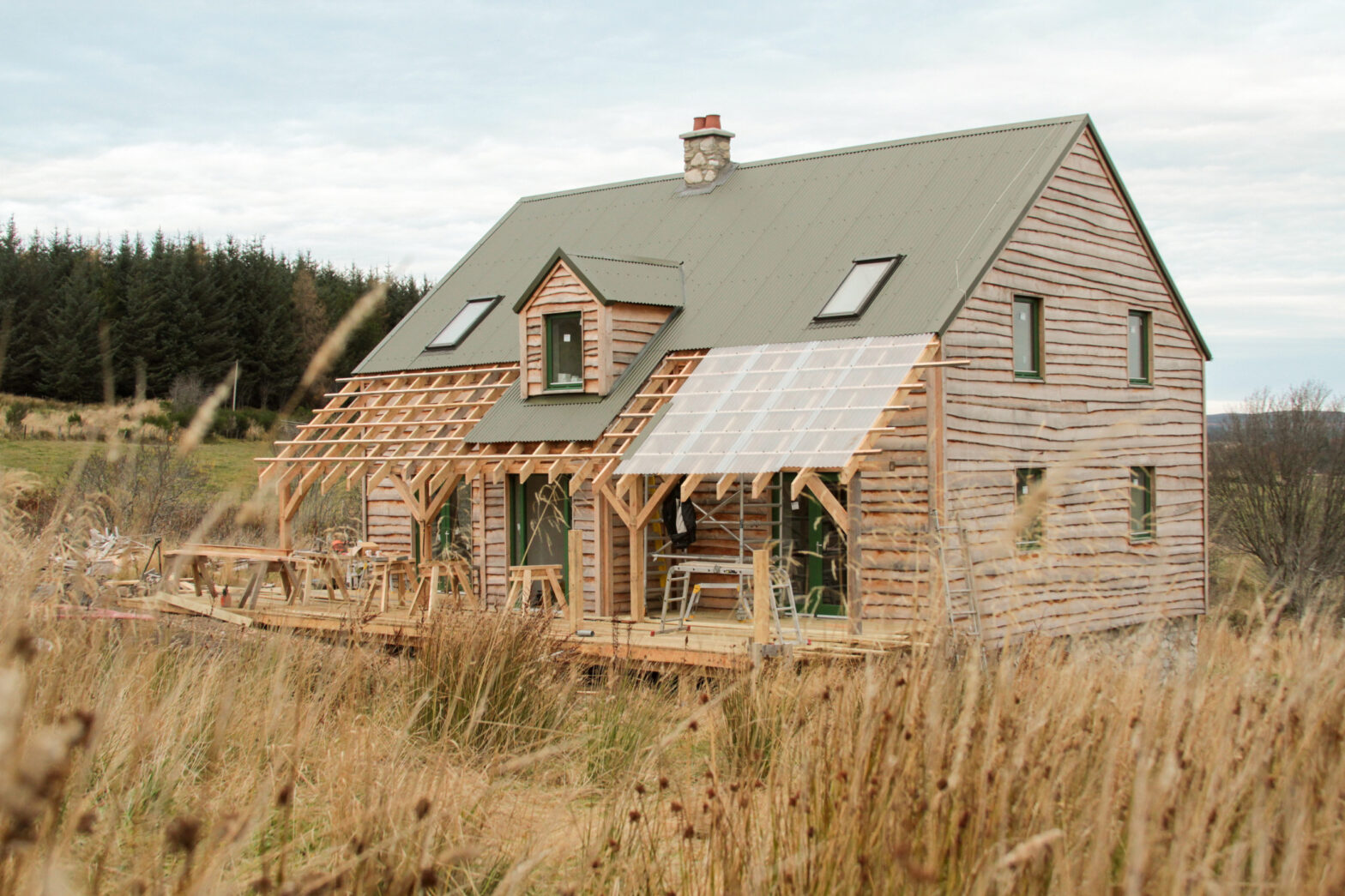While there are a plethora of entrepreneurs, businesses and organisations currently congregating in the cleantech space, in years gone by it was considered a rather riskier venture to set up an entirely new energy shop.
Back in the 1980s, a building society could be started with the token sum of £5,000. This meant that ten people clubbed together £500 each, and the result was that the Ecology Building Society began trading in 1981 in West Yorkshire.
Fast forward 21 years and Ecology Building Society saw gross lending for 2012 hit £14.3 million across 96 sustainable properties and projects, a feat which saw the building society pick up both Financier of the Year and Company of the Year at the New Energy & Cleantech Awards.
Some 84 per cent of the mortgages advanced during 2012 were on residential properties, while 16 per cent were on developments for community gain. Despite being based in Yorkshire, its three most active sectors in the UK were Scotland, the South East and the South West.
Ecology was the only winning company to secure unanimous approval among the awards’ 13 judges and, having started out with that £5,000 of capital in 1981, has now swelled savings to more than £100 million.
More on the New Energy & Cleantech Awards:
Paul Ellis, who joined Ecology as an investor in 1981 and has been chief executive since 1995, says, ‘Our initial focus was to deal with the inability of the lending industry to finance new ideas on sustainability.
‘That has remained our focus, although other lenders over the years have now at least dropped the barriers to some extent. It tends to remain peripheral [for them] as quite often they don’t understand the nature of the projects that they are looking at or the people they are lending to, key elements to any good viable lending proposition.’
Ellis says that Ecology has had quite a lot of influence beyond the absolute size of its balance sheet, and regularly receives comments that it got the custom build market going in the UK as it was willing to finance projects.
‘This is what we see as our role: not necessarily absolute growth of the balance sheet, but beyond that it is operating at the edge if you like, looking out for new ideas and pushing the next best thing,’ he explains.
Old to new
Ellis sees the 26 million units which will require fairly substantial upgrading to reduce energy usage, if the UK has any chance of meeting climate change targets, as a big opportunity for Ecology.
From the consumer side, Ellis has seen greater engagement over the years. The firm is gearing up in terms of numbers and internal resources to deal with anticipated growth.
‘Things like our retrofit take us to a new audience and some good projects have already come through at that level,’ Ellis adds.
‘We still need to do more to get to the right kind of bodies who can promote it to this new audience, but the level of demand has continued to grow for our mortgage services throughout this period.’
From a government perspective, Ecology has at various times suggested that there should be some kind of incentive to enable the lender to put out loans which are at a lower rate. But more than that, Ellis implores, it is about getting other lenders involved.
‘One of the misconceptions of the Green Deal is that people don’t like mortgage finance, but when you see the rates being offered in the green deal then mortgages become that much more attractive.’
Wider engagement
In term of new incentives, Ellis and Ecology would like to see new capital mechanisms, or something like a drop in corporation tax. It would also like to see people encouraged to engage with energy efficiency through council tax reductions.
Despite starting off alone, Ellis definitely sees the future of sustainable finance as a team effort.
‘From our point of view, with 26 million retrofits out there to be done, there is no way that Ecology will be driving all that work, and no way the Green Deal will be dealing with it,’ he predicts.
‘So we need to attack this on the numbers front, we need to get more lenders involved.’
Whatever happens with encouraging other lenders to get involved, Ecology has paved the way for attractive and innovative financing in the new energy space and has received the adulation of its peers for its near 25-year effort.






